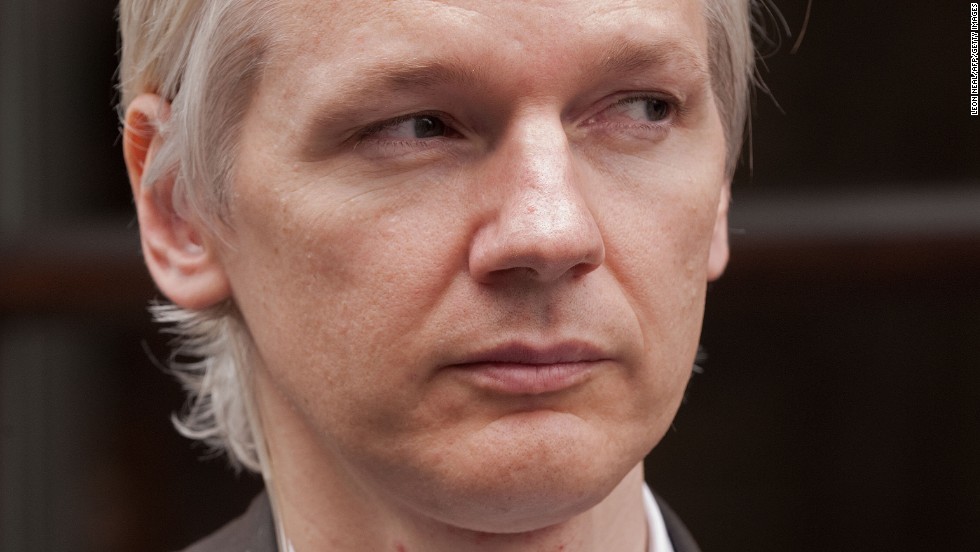This material belongs to: Business Insider.
WikiLeaks founder Julian Assange reportedly “gave excuse after excuse” for refusing to publish a trove of documents related to corruption within the Russian government, according to chat logs obtained by Foreign Policy.
The source who sent the chat logs to Foreign Policy told the publication that the documents “would have exposed Russian activities and shown WikiLeaks was not controlled by Russian security services. Many Wikileaks staff and volunteers or their families suffered at the hands of Russian corruption and cruelty, we were sure Wikileaks would release it. Assange gave excuse after excuse.”
The documents comprised roughly 68 gigabytes worth of data, according to FP, and were the continuation of a set of files about Russia’s involvement in Ukraine that had been hacked — and reported on — in 2014. WikiLeaks told FP that it turns down documents it cannot verify or that have already been published elsewhere, and that it “has never rejected a submission due to its country of origin.”
The news adds to widespread speculation, however, that the self-described transparency organization was working with the Russian government last year when it released emails that had been hacked from the Democratic National Committee and Hillary Clinton‘s campaign chairman, John Podesta.
In one message, WikiLeaks asked the person offering the Russian documents whether there was “an election angle.”
‘We’re not doing anything until after the election unless its [sic] fast or election related,” WikiLeaks wrote, according to FP. “We don’t have the resources.”
The US intelligence agencies that assessed the hack concluded in January that it was orchestrated by Russian President Vladimir Putin.
GOP Rep. Dana Rohrabacher met with Assange this week to see if he could “learn more” about the DNC hacks, his spokesman confirmed on Thursday. Assange “emphatically stated that the Russians were not involved in the hacking or disclosure of those emails,” according to Rohrabacher’s spokesman.
The Justice Department has been deliberating over whether to bring criminal charges against WikiLeaks, which leaked top-secret diplomatic cables and military documents in 2010 and disclosed CIA hacking tools in March.
The CIA, FBI, and NSA concluded in January that WikiLeaks had “actively collaborated” with Russia’s “principal international propaganda outlet RT” as the DNC emails were leaked throughout last summer. Assange hosted a show on RT in 2012.
CIA Director Mike Pompeo called Assange a “narcissist” and a “fraud” in April, and deemed WikiLeaks a “hostile intelligence actor”.


